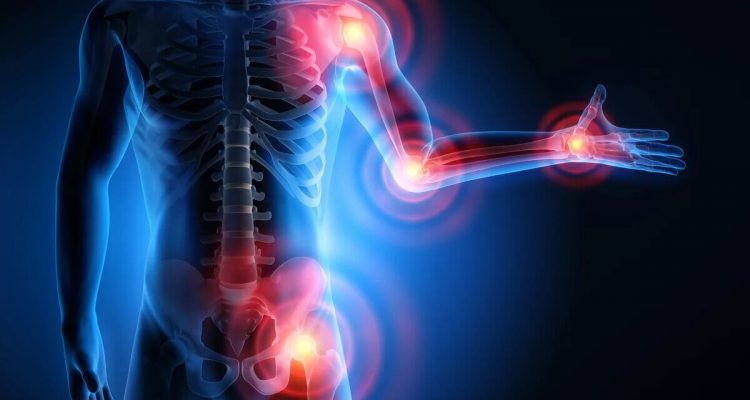
Joint care: 8 mistakes to avoid to maintain health as you age
0
Joint damage and inflammation can significantly affect mobility and quality of life with age. In order not to suffer from sore legs, hands, back and other parts of the body in the future, you need to exclude things that irritate the joints. This includes certain eating habits, improper exercise, lack of elements, etc.
8 mistakes that have a negative effect on the joints:
- < li>too much caffeine.This product restricts cartilage and bone growth, which may increase the risk of developing osteoarthritis. At the same time, about 2 cups of coffee a day or less, on the contrary, supports the health of the joints;
- frequent wearing of high heels. This increases the load on the knee joint, which sometimes leads to its degenerative changes, says Doctor of Medical Sciences Alexis Morgan Koslyk;
- lack of water.Water is needed to create synovial fluid in the joint, which helps lubricate them and increases the growth of new cells in the cartilage. If you drink less, inflammation of the joints is possible;
- skipping the warm-up. When a person warms up before training, he effectively prepares his muscles and joints for what comes next. It also helps the nervous system regulate what range of motion is safe for each joint, notes the American Council on Exercise;
- low in fruits/vegetables and high in processed foods.Vegetables and fruits are rich in anti-inflammatory substances that have a beneficial effect on the whole body. Cherries, for example, reduce the symptoms of gout and arthritis, dark green leafy vegetables reduce inflammation. And processed meat, sugary drinks, refined carbohydrates and fatty foods have a negative effect on the joints;
- lack of calcium and vitamin C.Getting enough calcium is important to reduce the risk of osteoporosis, notes the Arthritis Foundation. This substance is found in dairy products, leafy greens and nuts. Vitamin C, in turn, is necessary for the production of collagen, which helps to build cartilage in the joints, as well as reduce inflammation. The vitamin is found in berries, citrus fruits, as well as in red pepper;
- an excess of high-impact exercise. According to research, high-intensity exercise, such as that of runners, increases the risk of developing osteoarthritis hips and knees. The same applies to those who do little strength training. Dr. Koslyk recommends alternating exercises by intensity and adding to the list of activities with a light load: cycling, dancing, swimming, etc.;
- long sitting or standing. Incorrect posture in a sitting position can increase the load on the cervical, thoracic and lumbar regions of the spine. A more sedentary lifestyle is also associated with an increased risk of hip or knee osteoarthritis. Prolonged standing leads to stiffness in the joints of the spine, hips, knees and feet, which reduces mobility and over time causes damage to tendons and ligaments.


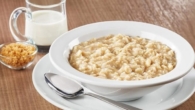
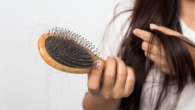
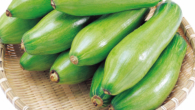



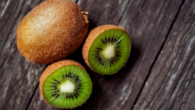
Leave a Reply